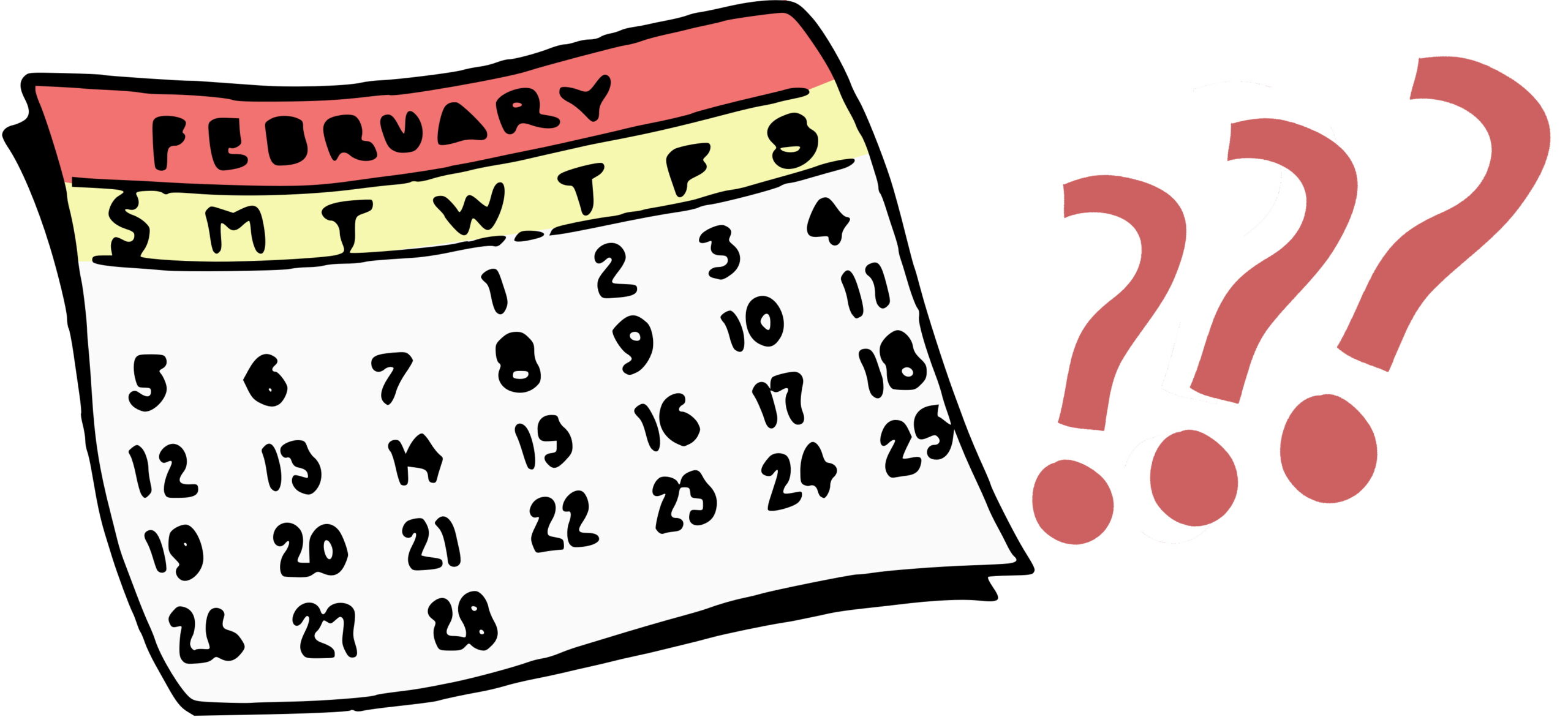
Oh, those pesky resolutions
So here we are, entering the SECOND month of 2021 already. How are your aspirations, intentions, or resolutions?
Well, maybe you have made some changes and are well on your way to a new habit – bravo and congratulations!
But for many others of us, we might even need to ask, “What was it I wanted to do?”
Before you go calling yourself a loser or other unfriendly names for letting your intentions lapse, let us look at the mountain of things that work against us when we try to make a change. This is not meant to depress you but to give you a reality check; maybe it will help you lighten up on yourself and your expectations.
Old habits die hard
A lot of the new habits we want to have require us to break an old habit first. Let’s look at how strong those might be, even if you never put any energy into making a habit. I mean, how did those social media, binge-watching, hitting the snooze button three times habits become so strong?
Social habits
Maybe the old habit was easy to create because you had company – as a social being, we easily create habits with others, like treating yourselves to ice cream every evening or binge-watching series on Netflix together. It is especially easy to do develop those habits when you have a partner in crime. These activities can even become part of your relationship – “this is what we do together”. It was easy to start and now you have a habit that is really hard to break.
Your body’s cravings
Maybe you have a habit because your body helped create it. Our bodies crave sugar, fat, salt, alcohol, caffeine. It also likes the dopamine it gets from social media interactions, TV dramas, news drama, winning games and solving problems. Those activities are all easy-to-create and hard-to-break habits. You must work against the body’s innate (and powerful) cravings to change those.
OK, got it, that is all about those old habits, but what if I want to create a habit around something new and different and it isn’t about breaking a habit, why is something that so hard?
“It’s not really me!”
This new behaviour you want: to read more, make time for exercise, be more positive or go to bed earlier, maybe your brain cannot relate to it. Perhaps this new behaviour is not consistent with how you identify yourself (and oriented your brain). Do you really think of yourself as one who goes to bed early? If not, your brain may send out signals from your error detectors, emotional threat responses and other messages that tell you that you are wrong about this thing you want to do. “This isn’t what you do!”, it screams. Every time you aim for the new thing, your brain tries to send you in a different direction. It takes a lot of effort to work against those powerful messages.
Honestly, I didn’t really believe I could do it
In your heart of hearts, did you believe yourself? Did you think you would do it? If not, when it comes to that crunch time either doing the new thing or doing something easier, the easier thing will likely win. Your heart may believe in that more.
There are too many other things to focus on
It takes regular focus to adopt and integrate a new change. If you have too much in your schedule or other changes you also wanted to focus on, your fledging change may have been on the rubbish pile before you even started.
Are you ready to commit for real?
So, if you have not made desired changes yet, don’t blame yourself. Recognise that change is simply not easy. And if you still really want to go for it:
- Pick ONE thing.
- Make time for it.
- Get support from others.
- Make sure you believe in yourself.
- Consciously tell yourself that this is me. Create a new image for yourself – remind yourself often.
If you would like to hear more about the brain’s track record with making changes, join me on our next webinar next week.
Overcoming the impossibility of fairness“But what will people think?”